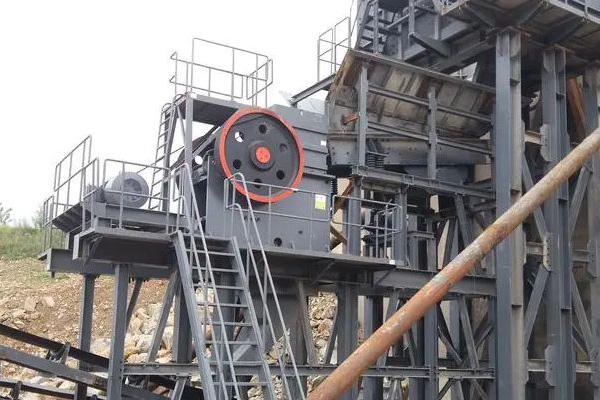When searching for a quality rock jaw crusher, key factors such as durability, efficiency, and adaptability to various rock types must be considered. A rock jaw crusher is a crucial tool in mining and construction, designed for primary crushing, making it the backbone of any rock processing operation. Whether dealing with hard stones like granite or softer rocks such as limestone, investing in a high-performance jaw crusher ensures better productivity and long-term reliability.

A high-quality jaw crusher is distinguished by its robust build and reliable operation. It should feature a durable frame, preferably made from cast steel or iron, which guarantees resilience under extreme working conditions. Key components like the flywheel and eccentric shaft should be designed for smooth operation, providing sufficient power for efficient crushing. Moreover, ease of maintenance is a critical factor—machines that allow quick access to parts for maintenance reduce downtime and operational costs.
When selecting a rock jaw crusher, performance specifications such as the feed size, crushing ratio, and capacity are essential. Crushers should handle various rock sizes, reducing larger materials into smaller, manageable pieces. An ideal unit will offer a high crushing ratio, efficiently breaking down large rocks while maintaining a consistent output. Additionally, depending on the project, one must choose a crusher with the appropriate capacity, ensuring it meets the demand without overloading.
A key consideration is adaptability to different environments. Mobile jaw crushers, for instance, are excellent for projects requiring frequent relocation, such as quarrying or road construction. These mobile units provide flexibility while maintaining high efficiency and power. On the other hand, stationary jaw crushers are better suited for large, long-term operations where stability and high output are crucial. Having options for both fixed and mobile units offers versatility to tackle different types of projects.
Lastly, cost and after-sales service should not be overlooked. Investing in a quality jaw crusher may involve a higher upfront cost, but the long-term benefits, including lower operational costs, better fuel efficiency, and reduced maintenance, outweigh the initial expense. Furthermore, choosing a reputable manufacturer with reliable after-sales support ensures access to spare parts, timely maintenance, and technical assistance, which enhances the machine’s lifespan and overall value.

